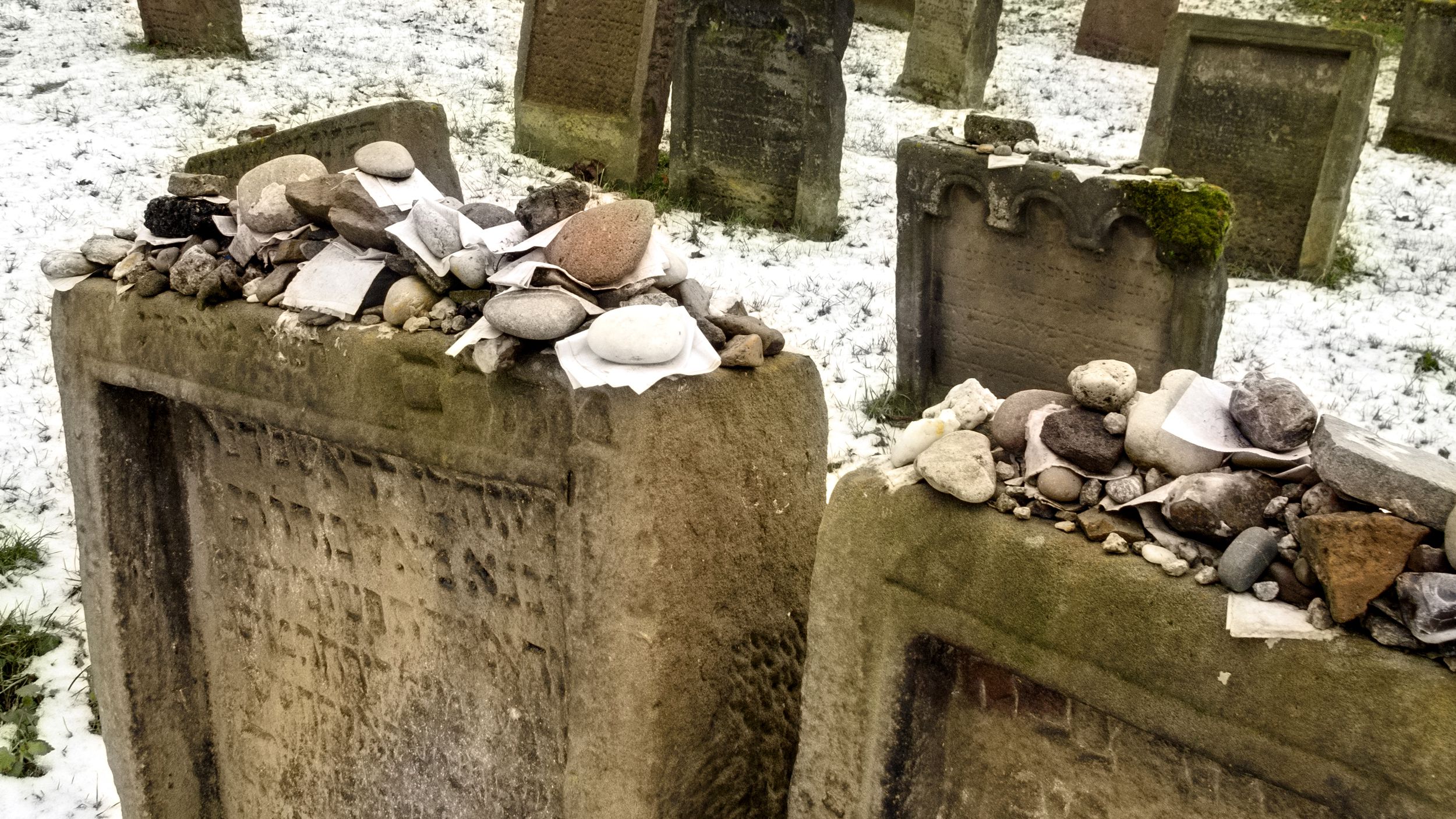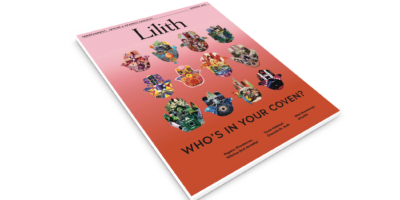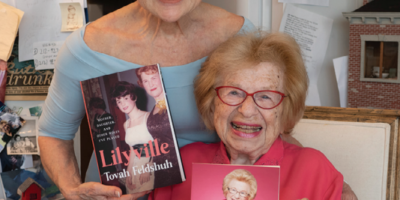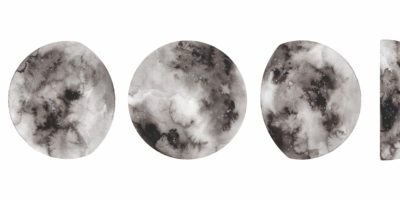
A Band of Angels in Human Form
In Death Duties, Sally Berkovic has published a 36-page illustrated online pamphlet (offered at not cost) about her experiences volunteering for the Chevra Kadisha, the Jewish burial society, which she describes as a “band of angels in human form.” Berkovic, who was raised in Australia and has spent much of her adult life in London, writes movingly about her own experiences of loss—her parents and younger brother all died suddenly and unexpectedly, on different occasions, in the prime of their lives— and her anxieties about her own mortality, which motivated her to devote time each week to caring for the dead bodies of others.
Berkovic begins her essay, subtitled What Being Around the Dead Taught Me About Life, by imagining her own death and the way her body will be handled. In so doing, she pulls back the veil—or the shrouds, as it were—on the work of the women and men who prepare Jewish bodies for burial. We learn how they wash the dead body, remove any debris, clean the fingernails, ritually cleanse the body with water from a ritual bath, dress it in white shrouds, and glide it into the coffin, before asking, “in great sensitivity and in unison” for the forgiveness of the dead, in case they inadvertently showed any disrespect. The members of the Chevra Kadisha work together in silence, keeping the dead covered as much as possible; their work is that of “true lovingkindness,” as the midrash explains, since those who care for the dead have no expectation that the dead will ever return the favor.
Berkovic is the mother of three daughters and the CEO of the Rothschild Foundation Hanadiv Europe, preserving Jewish culture. She is also a memoirist—her book about Jewish femininity, Under My Hat, was published in 1997 and reissued in 2019—and all of these various “hats” are relevant to the content of this pamphlet. Berkovic explores the legacy she received as the daughter of Holocaust survivors, as well as her own determination to make an impact on the world. “I want to know that I have done the most I could on this earth,”she writes, since none of us can know the number of days we will be allotted. She recognizes that her readers may think her self-important—who is she to think she needs to leave a legacy— and so she turns the question right back at us: “What makes you think you’re not important? Why doesn’t everyone think they have a responsibility to do something remarkable with their lives?”
Berkovic’s pamphlet, published as much of the world is finally emerging from the Covid-19 pandemic, also discusses the impact of the pandemic on the activities of the Chevra Kadisha, and of the dead who were robbed of the proper rites as “technology was employed at every ritual turn.” Berkovic concludes with a series of thought-provoking questions for her readers, encouraging us, as she has done, to take time out of our lives to think about and plan for our deaths.




